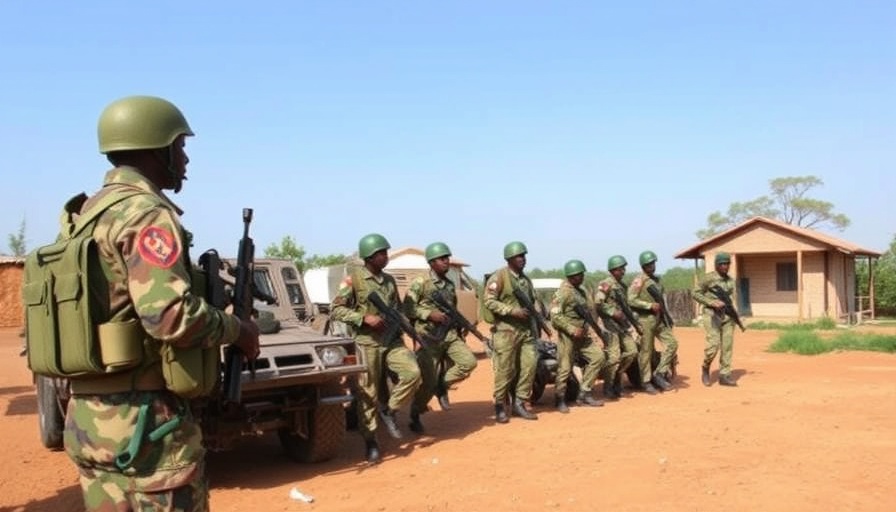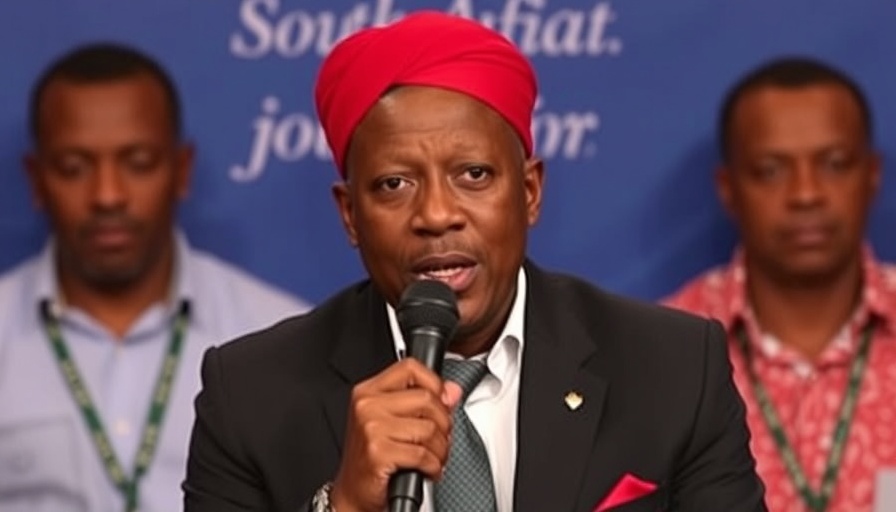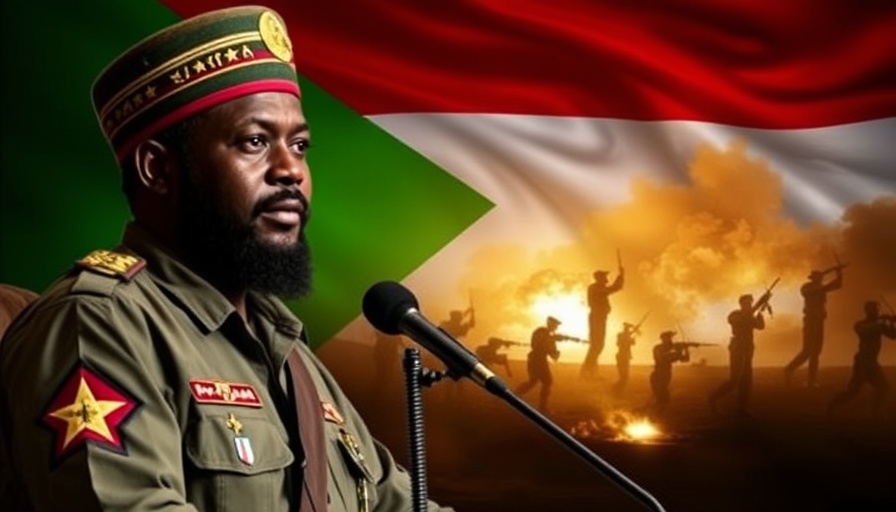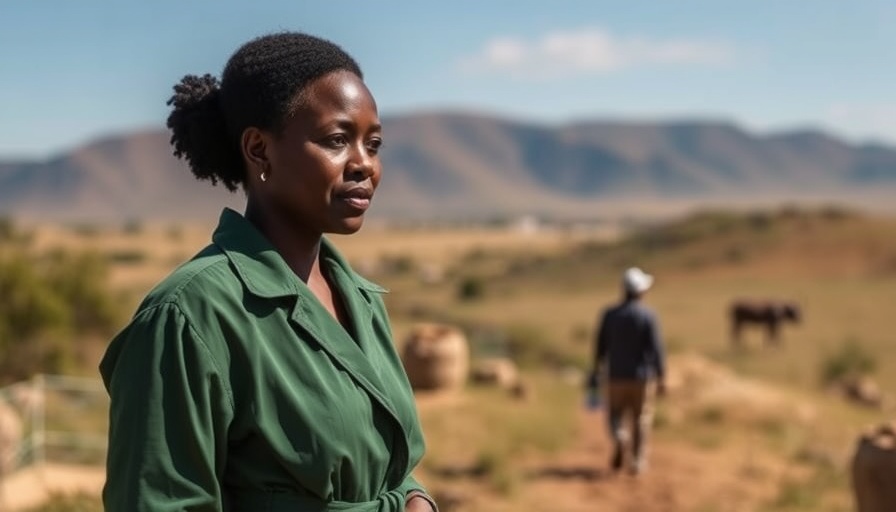
Burundi's Extended Military Mission in Somalia: An Essential Continuation
Recent developments have confirmed that Burundian troops will remain in Somalia for an additional six months, extending their commitment despite earlier plans for withdrawal. This military extension was ratified by the African Union Peace and Security Council (AUPSC) on Thursday, acknowledging the ongoing need for a robust defense against extremist threats, particularly from al Shabaab.
The decision emerges within a broader context concerning Africa's geopolitical stability and the implications for international security. The AUPSC's resolution, which took place during the 1287th session, emphasizes the crucial role that troop and police presence plays in guiding the strategic aims of international missions in Somalia. Uganda's Minister for Foreign Affairs, Jeje Odongo, underscored the necessity of maintaining military forces on the ground to bolster security and foster stability in the region.
The Pitfalls of Transition: Funding and Personnel Challenges
Initially scheduled to leave at the end of June, the Burundian soldiers' continued presence stems from a dual challenge of delayed troop rotations and a funding gap, compounded by issues with the planned integration of Egyptian forces. The AU has faced persistent obstacles in formalizing the deployment of these Egyptian contingents, which has left a vacuum in operational capacity that Burundian troops now fill. Hence, the current situation serves as a poignant reminder of the logistical and political hurdles that impact peacekeeping missions across the continent.
Strategic Implications for African Security Operations
The retention of Burundian forces is not merely a matter of military presence; it highlights the intricate dance of diplomacy and security policy in Africa. The anticipated deployment of Egyptian forces accompanied a shift in troop allocations following the expiration of the previous AU transition mission. The understanding was that the AU would manage the handover under a fixed personnel ceiling. However, operational delays indicate that such transitions are far more complex than originally conceived.
Future Outlook: A Fragile Peace Amidst Uncertainties
This extension raises pressing questions about the search for a sustainable solution in Somalia, as enduring conflicts and power struggles continue to challenge peace initiatives across the region. With heightened international attention directed towards Africa's stability, the interplay of political interests from external partners, such as the EU and UN, will remain crucial. As investors and policymakers look on, the evolving security landscape will significantly influence decisions concerning engagement and support for regional stability.
As the African continent navigates these choppy waters, leaders and stakeholders must remain vigilant and proactive in understanding the implications of military presence in Somalia. The resilience of the AU's security mandates and the capacity of African nations to effectively address internal conflicts directly impact the broader African economy and its positioning in global markets.
 Add Row
Add Row  Add
Add 


Write A Comment